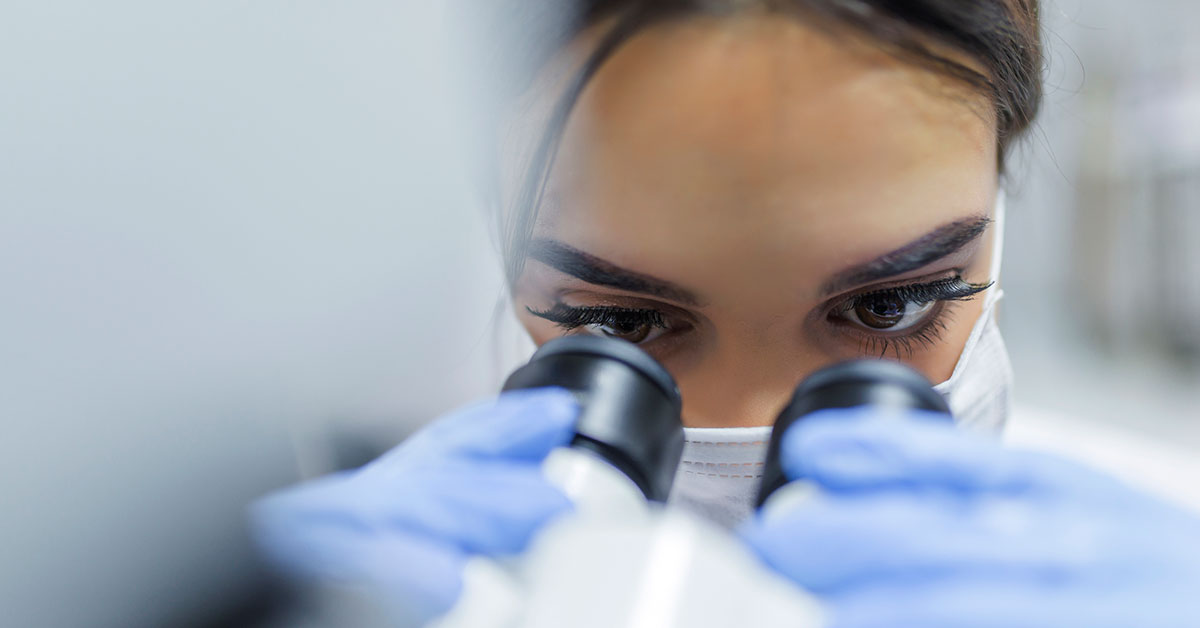
Medical Research Drives Commercial Development in Philadelphia
Billions of dollars of venture capital are being spent on developing commercial real estate in the Philadelphia area to meet the growing needs of the medical research industry.
In late 2017, Researchers at the Children’s Hospital of Philadelphia and the University of Pennsylvania received approvals from the Food and Drug Administration (FDA) for breakthrough processes of first of its kind gene and cell therapy.
Neither was related. Neither application was even submitted by the same company. Pharmaceutical giant Novartis submitted the application in cell therapy while Spark Therapeutics, then a fledgling startup, applied for approval in the gene therapy.
What does this have to do with real estate?
Well, with research in a new and exciting area of medicine, Philadelphia has staked its claim in the ground as the trailblazing city in this field, and as a result, billions of dollars of venture capital are being spent on developing commercial real estate in the area.
In the third quarter of 2018 alone, Philadelphia set a record for investment dollars brought into the city, according to data from the Philadelphia Commerce Department.
And it isn’t going to slow down any time soon.
Gene therapy and cell therapy are incredible breakthroughs in the medical community because they treat conditions with greater success than ever before. However, research in these fields takes time. Lots of time. Many years in fact. And, it requires a highly skilled and an incredibly specialized work force to conduct the research.
With the success of these two applications, the FDA anticipates a major influx of new proposals in these specialized fields to be coming in in the future.
And with the growth of this specialized area of medicine, and Philadelphia being considered the place to be for researchers world-wide, developers have been quick to draw up plans for multi-million-dollar properties to house the life science development community.
The Philadelphia Bulletin was the city’s longtime third newspaper, but it shuttered its doors in the 1980s. The iconic building that housed the Bulletin, however, still stands across from Amtrak’s 30th Street Station. Drexel University partnered with Brandywine Realty Trust to redevelop the building, calling it Schuylkill Yards, because it sits right alongside the Schuylkill River which flows through the heart of the city.
Spark is going to be the anchor tenant of this new project, which is expected to be completed in 2020.
Two other major developments within a mile of Schuylkill Yards are targeting gene and cell therapy tenants as Republic Properties Corp., based in Washington, is building an eight story life sciences building while the Wistar Institute has already agreed to be the anchor tenant at University Place 3.0, a cell and gene therapy-specific project.
A few miles away, down at the old Philadelphia Navy Yard, naval barracks have given way to massive commercial development. Wuxi Apptec, a Chinese manufacturer already has a complex at the Navy Yard, but now one of its clients, Iovance Biotherapeutics, a California-based company, is setting up bi-costal operations by jumping into the hot spot that is Philadelphia with a brand new, 136,000-square foot laboratory.
In Philly’s suburbs, the old GlaxoSmithKline headquarters in King of Prussia has been razed and The Discovery Labs is developing a massive 1.5 million-square-foot campus that is meant to be used as a co-working space for the life sciences.
“It’s breathtaking,” University Place Associates founder and CEO Scott Mazo told Bisnow. “As a developer and someone who lives in Philadelphia, life science right now seems like the opportunity that has been missed several times in the past.
“We’re getting calls from names all around the country, and we’re being considered as the top place in the country in terms of cancer and gene therapy research.”
Prior to all this new development, in a city not known for new development, most of the life science companies were finding themselves housed together at the University City Science Center as part of the UCity Square project.
But quarters are getting cramped with the recent addition of Amicus Therapeutics, a New Jersey-based company, placing their new research center there.
What’s down the road? That’s to be determined. The University City Science Center has a planned expansion and University Place Associates are already kicking off conversation about a potential University Place 4.0 before 3.0 has even come to fruition.
Drexel University and Brandywine Realty Trust identified at a ribbon-cutting ceremony that there will be greater demand for developing even more buildings for life sciences and then there is still more room to develop at the Navy Yard.
This kind of additional development may be a decade away, if not longer. But Philadelphia desperately needed to find a commercial real estate niche, and it certainly seems to have hit the lottery with gene and cell therapy research.
Information published in Bisnow was used in this report.
Time to Focus on Affordable Housing
Taxes on real estate are not the answer. Sign the petition calling on Congress to address our country’s housing shortage.





